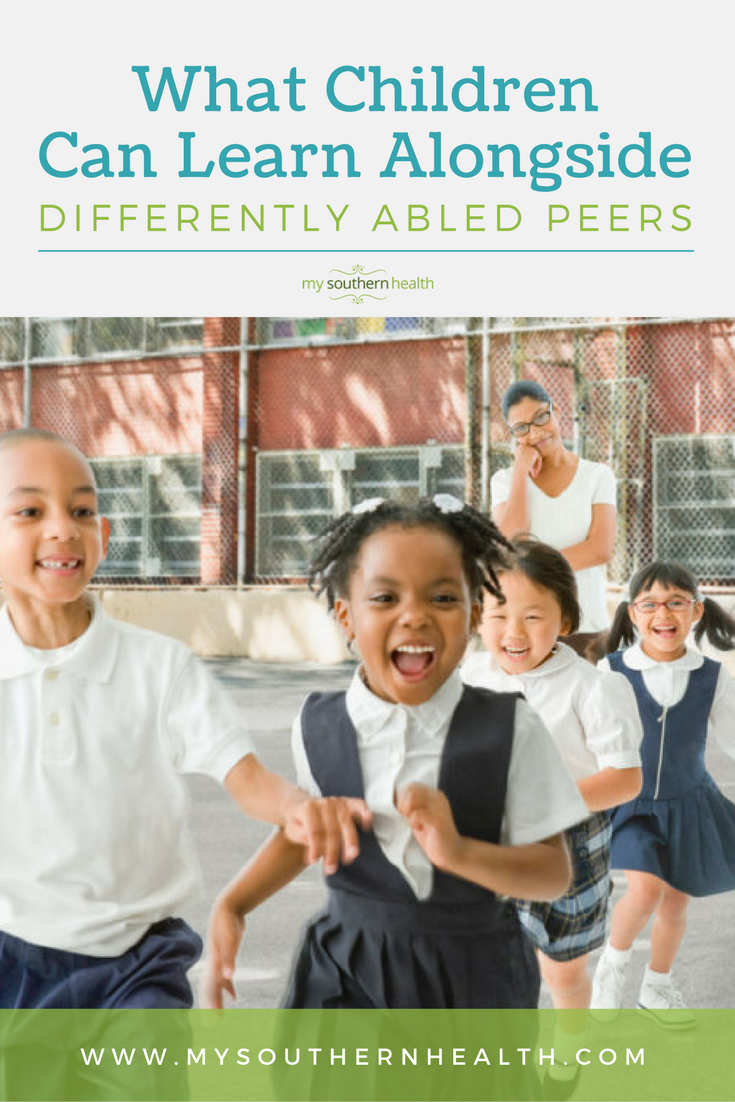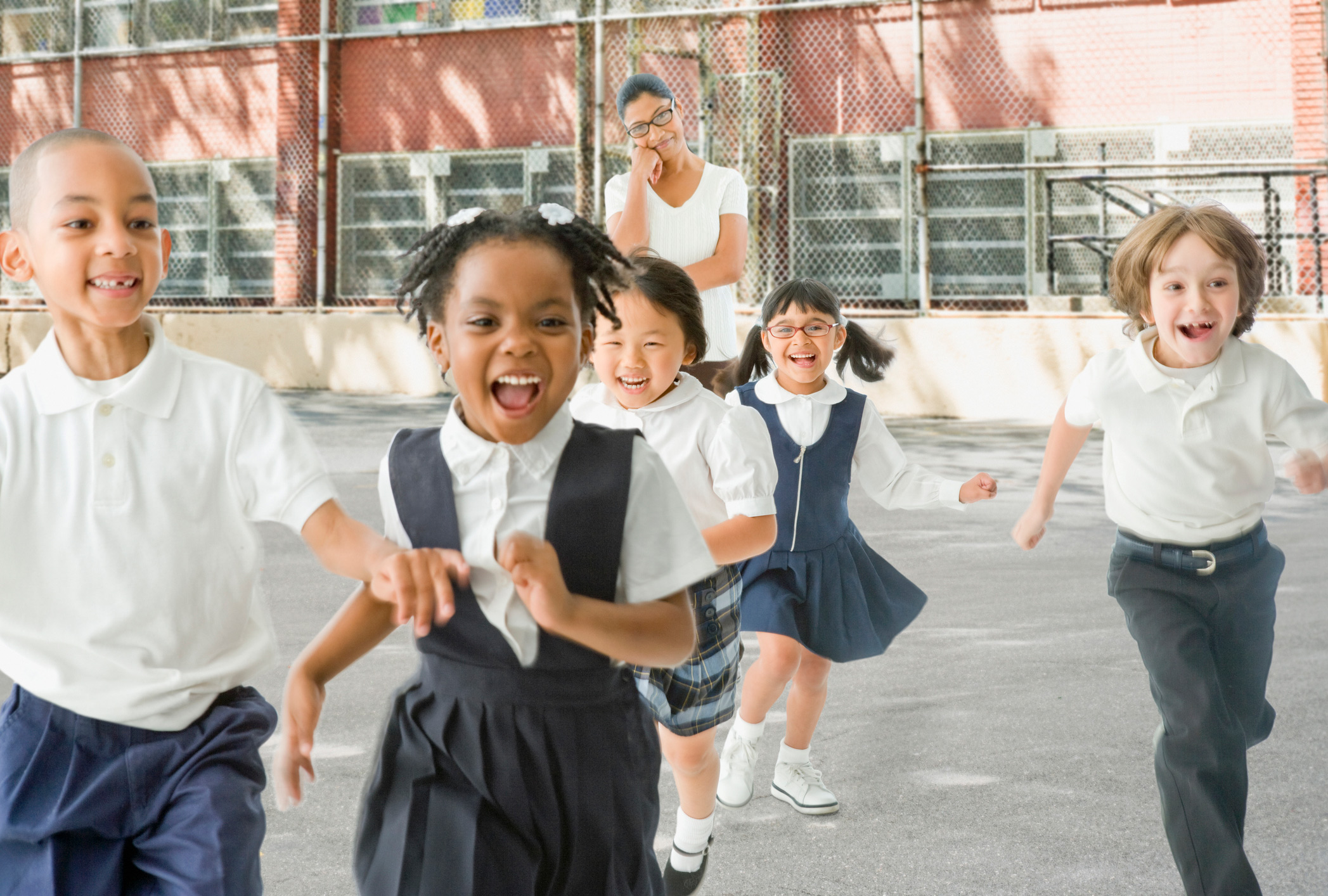The story of one set of parents who took the time to foster acceptance and the difference it made.
I’m “stealing” this story. Totally. It’s a story of a mother and father of a child with a milder disability who attends a public school “blended” classroom of students, some of whom have more significant disabilities and some who are typically developing. One of the student’s disability was pretty severe. He chewed on rubber tubing (a common sensory integration technique for children with autism and other sensory issues, which calms, helps process information and prevents the child from chewing on other objects). The child with the chew tube also drooled. Profusely.
The child with the lesser disability didn’t want to play with the other said child. That child was “messy.” “Drool-y.” “Slimy,” he told his parents. His parents talked to their son about the other child’s differences and why it was important to embrace him anyway. The class would form a line of children linked by hands when they went to the playground each day. By the end of the year, the student who did not want to hold hands and be friends with the “messy child” was first in line to be his buddy and hold his hand on the way outside.
The moral of the story, his father told me, was that being educated alongside students who have disabilities helps them but also teaches us all. It teaches the children who are typically developing, but it also teaches us — as adults — the power of accepting differences. And really? Children tend to “get it” a whole lot faster than do us old fogies.
The backstory is that these parents cared. They listened to their son’s concerns. They took time to educate and explain why it was important to be kind. They saw the big picture that teaching their child this lesson helped make the world a better place.
We parents of special needs children? We can only hope that there are more mothers and fathers out there with open hearts and the willingness to teach their children to be kind to our differently abled children. We need all the kindness we can get in this big ol’ world which, too often, doesn’t understand the many types of “messiness” that makes up our children’s lives.
This post was written by author, speaker and disability systemic and arts advocate Leisa A. Hammett. She is grateful to the mothers and fathers and their children who realized the importance of teaching kindness and being kind to her daughter with autism. Leisa has blogged about many of her experiences in raising her daughter at LeisaHammett.com.


